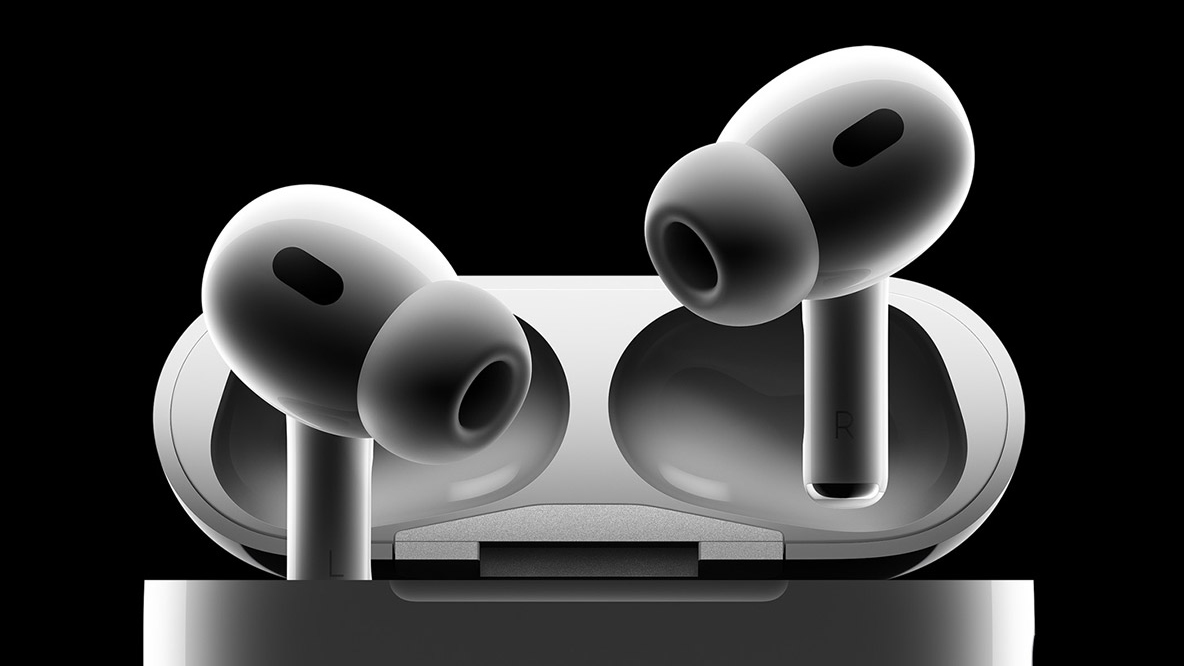Apple Music's going all-in on spatial audio for 2024 for a huge audio upgrade
2024 will be the year of spatial audio if Apple gets its way: it's encouraging artists to add a new dimension to their music


Apple has opened a new front in the battle of the music streaming services: it's encouraging more artists and record labels to release music in spatial audio. Tracks mixed for spatial audio will get extra weighting so they appear more prominently in search results, and that increased visibility is likely to mean increased royalties too. This could mean a big audio upgrade, because it's likely to encourage rights owners to re-release older audio in spatial audio too.
The news comes via Bloomberg, quoting sources familiar with the plan. Spatial audio is supported by Apple's AirPods and HomePods, and it's a mixing option in its heavyweight music app Logic Pro X too. The idea is that if there's more spatial audio music, that'll sell more Apple headphones, earbuds and smart speakers on which to listen to it.
What is spatial audio anyway?
Spatial audio is a kind of Dolby Atmos for music. Traditionally, music is mixed in stereo: you've got a left speaker channel and a right one, and together they give the illusion of music coming from different parts of the room. With spatial audio the mix gains a third dimension, so instruments are located in 3D space rather than 2D. With head tracking enabled on your headphones, moving your head adjusts the relative prominence of the instruments in the mix. When it's done well, it's really impressive.
The push for spatial audio is all about availability; according to Bloomberg, "Listeners wouldn’t necessarily have to play the Atmos version of a song for artists to benefit. It only matters that the song is offered in that format."
The move isn't just about selling hardware; it's also another shot across Spotify's bows, as Spotify doesn't support the format as yet. That, along with Apple's inclusion of lossless audio without charging extra for it, means that Apple Music stands out from its biggest rival.
It's an interesting idea but I do worry that musical history may repeat here: every time there's been a new way to experience music it's led to a flood of shoddy cash-ins made not with music but money in mind. 3D audio, like 3D movies, can be really great when it's used wisely and pretty awful when it's used for no good reason.
Get all the latest news, reviews, deals and buying guides on gorgeous tech, home and active products from the T3 experts
Writer, musician and broadcaster Carrie Marshall has been covering technology since 1998 and is particularly interested in how tech can help us live our best lives. Her CV is a who’s who of magazines, newspapers, websites and radio programmes ranging from T3, Techradar and MacFormat to the BBC, Sunday Post and People’s Friend. Carrie has written more than a dozen books, ghost-wrote two more and co-wrote seven more books and a Radio 2 documentary series; her memoir, Carrie Kills A Man, was shortlisted for the British Book Awards. When she’s not scribbling, Carrie is the singer in Glaswegian rock band Unquiet Mind (unquietmindmusic).
